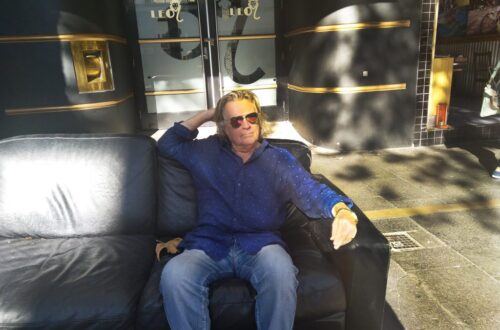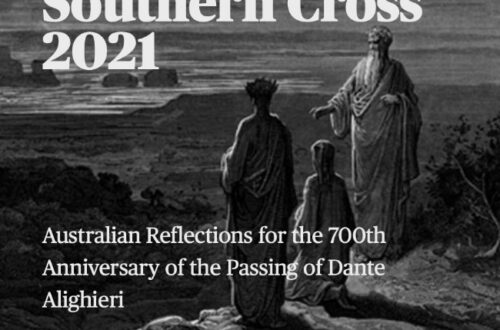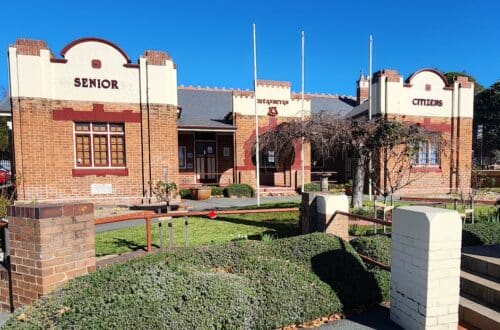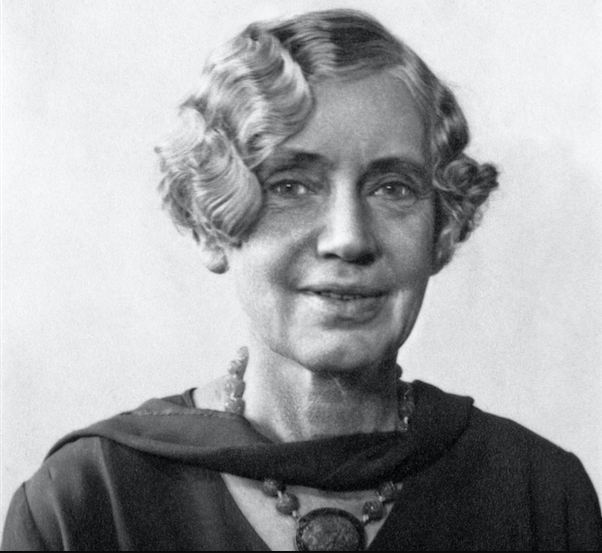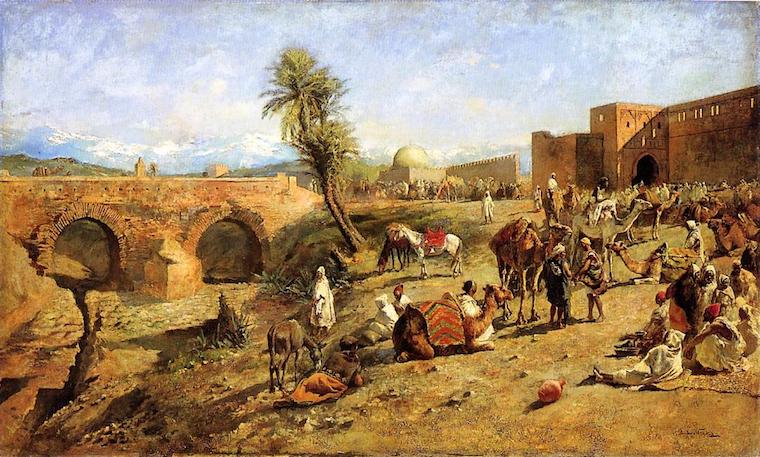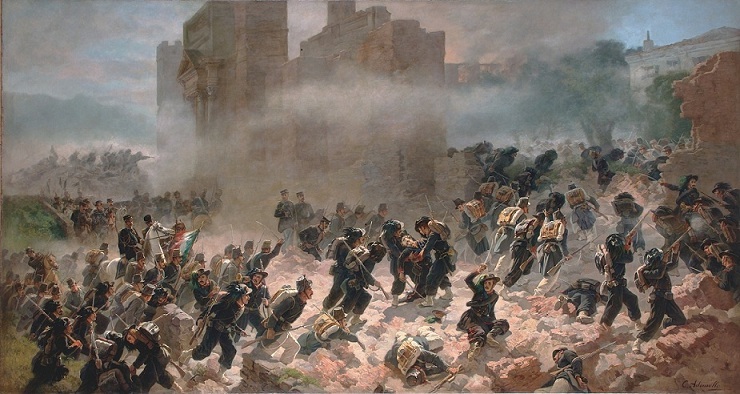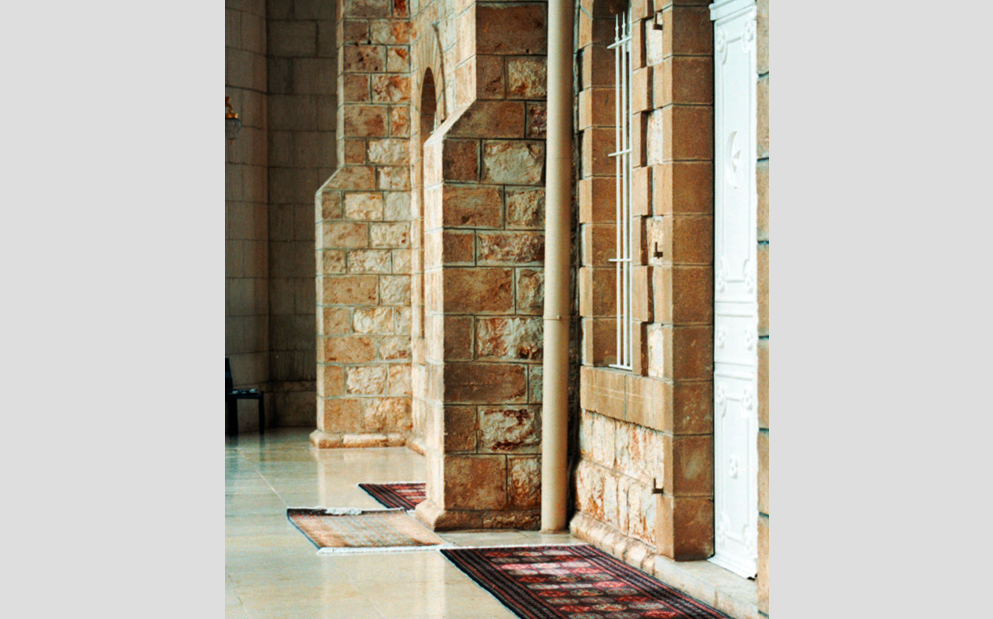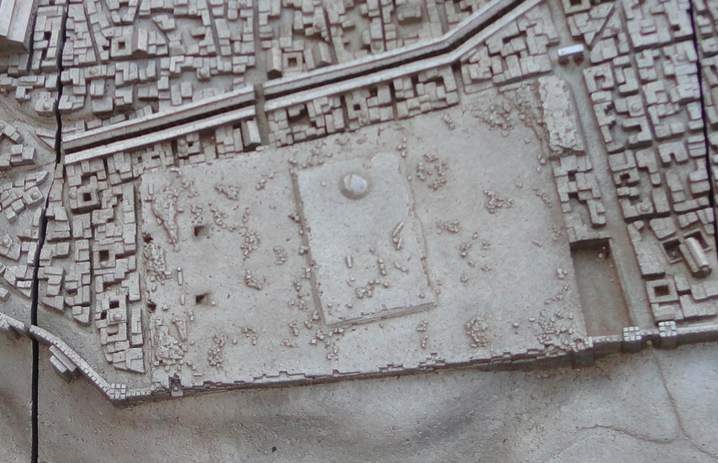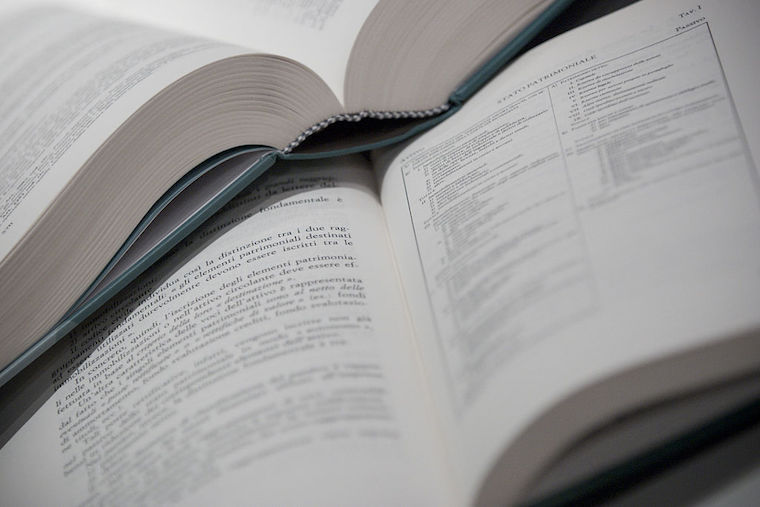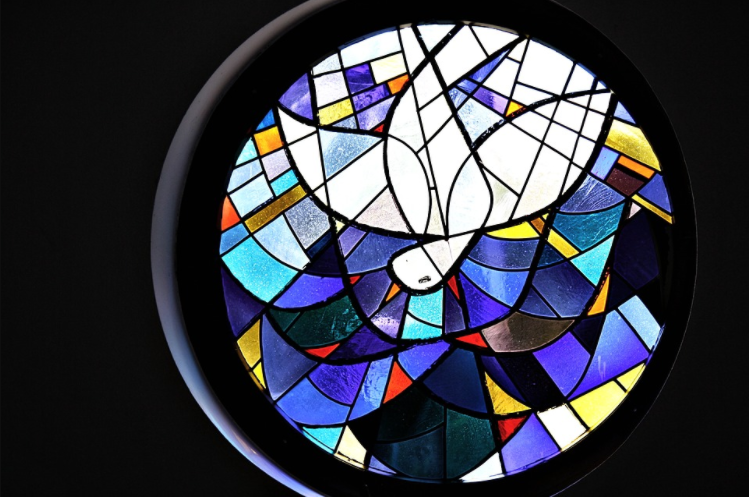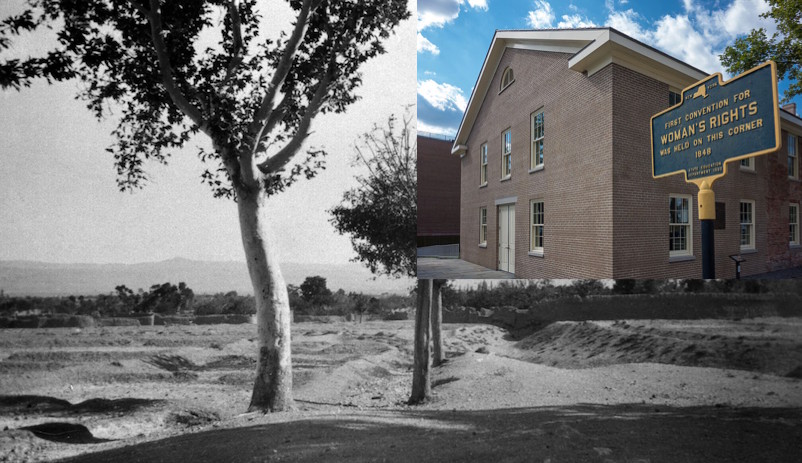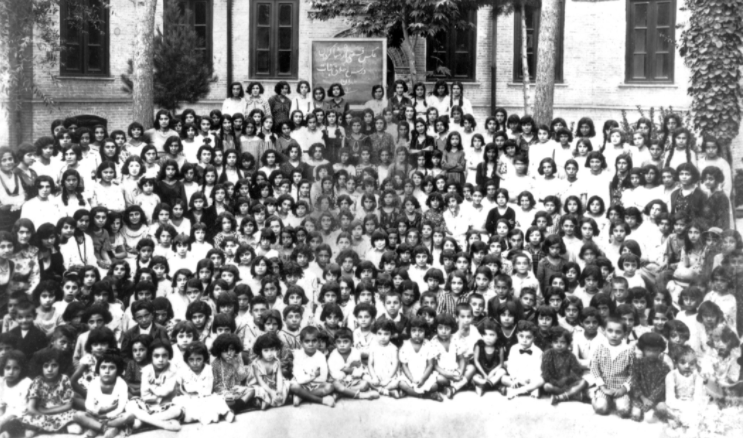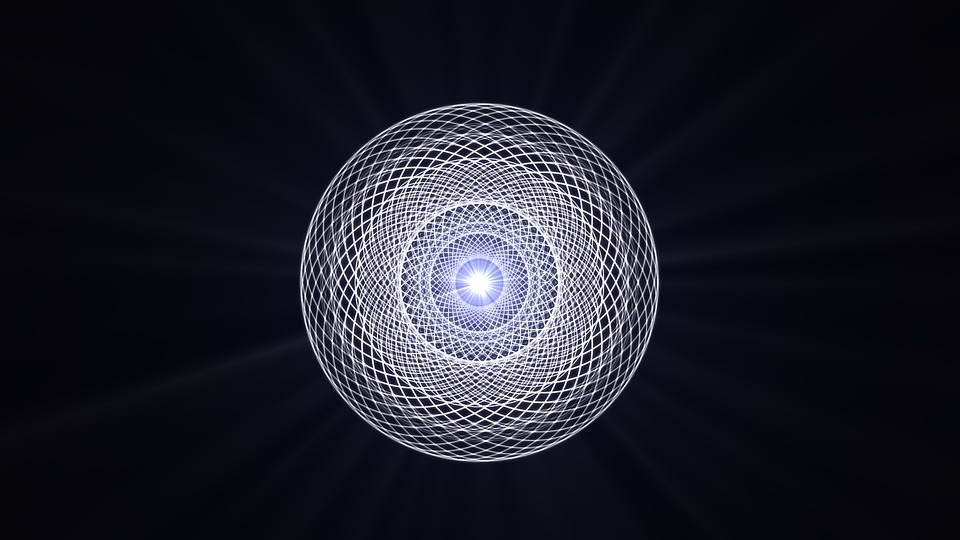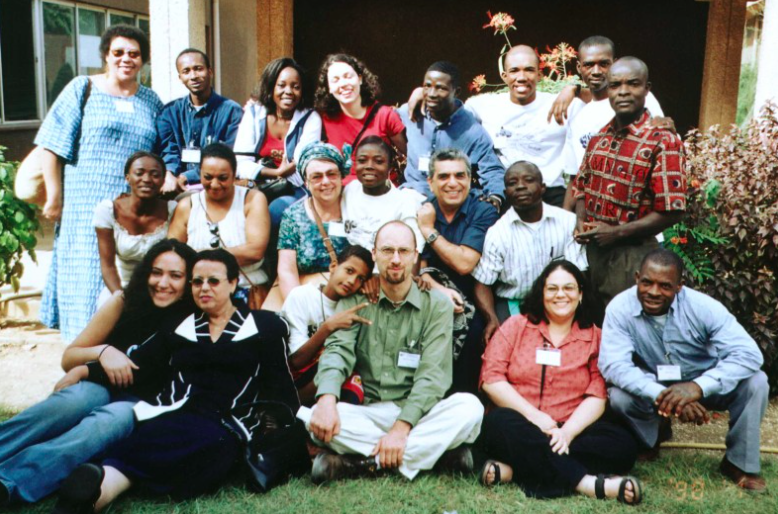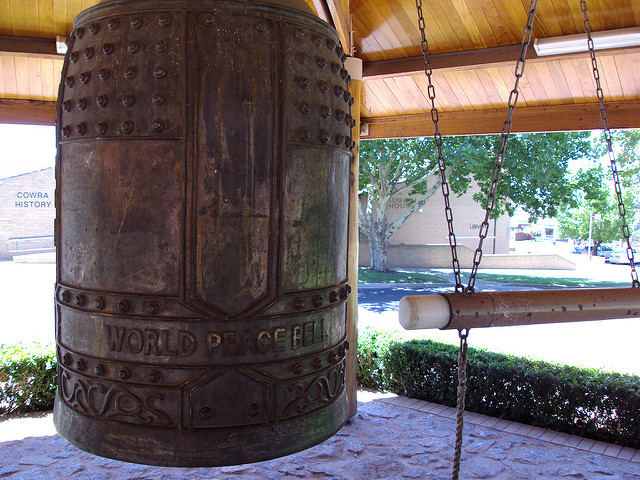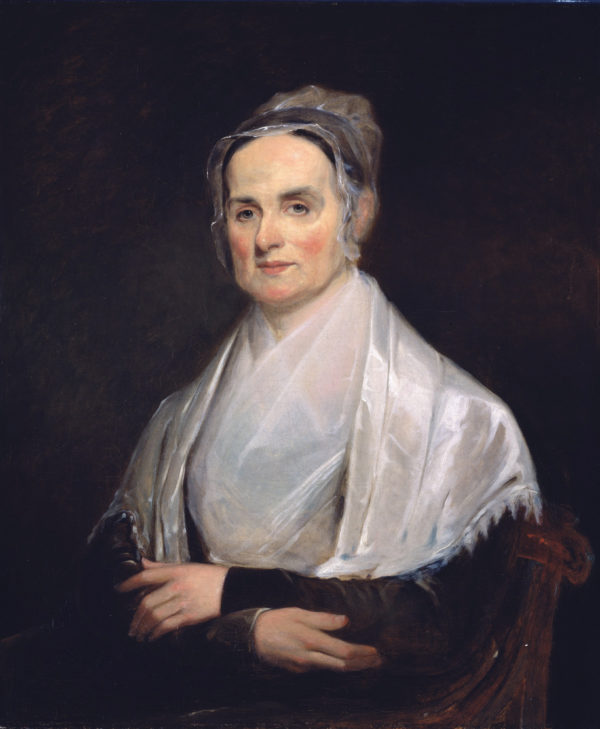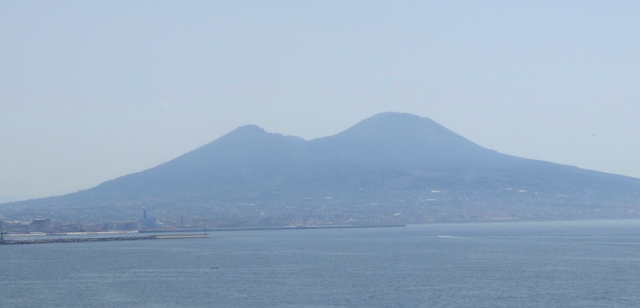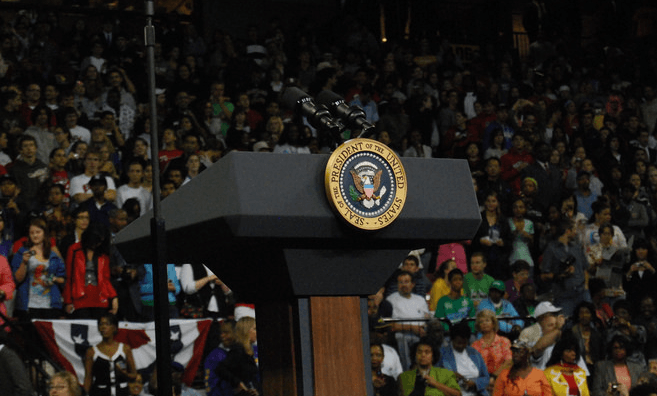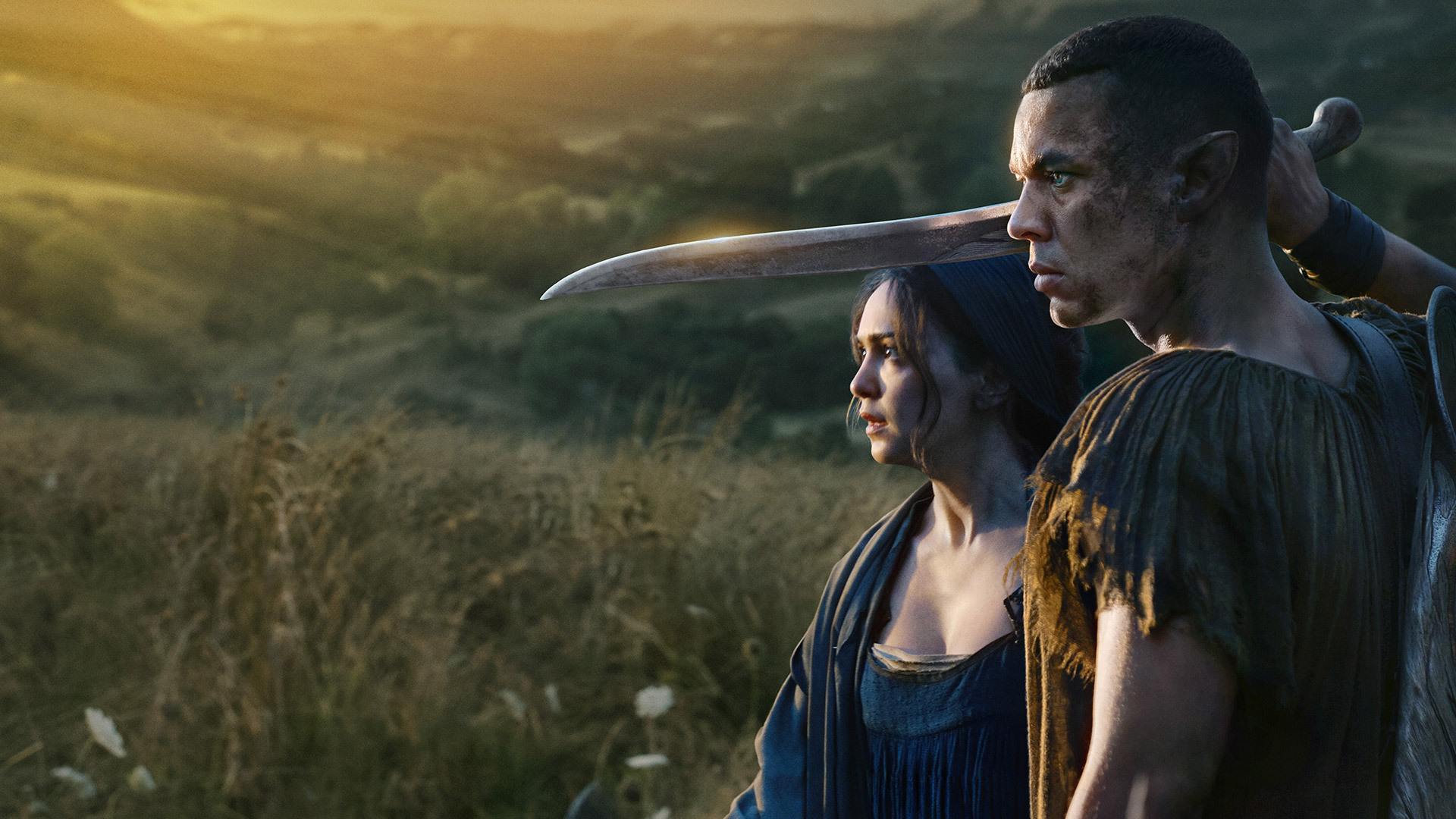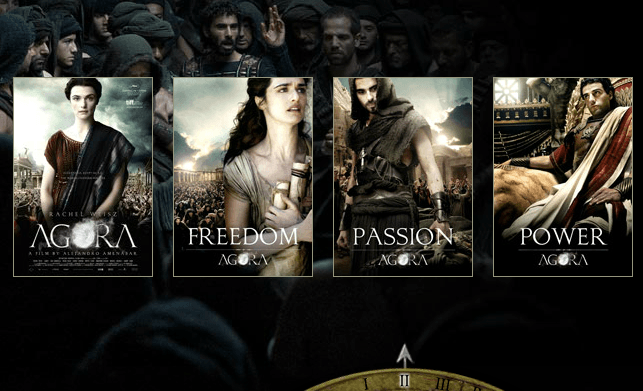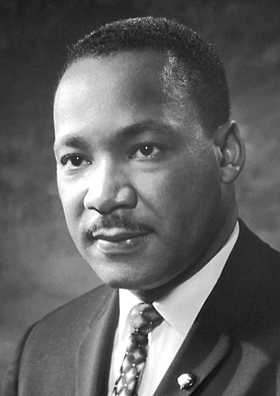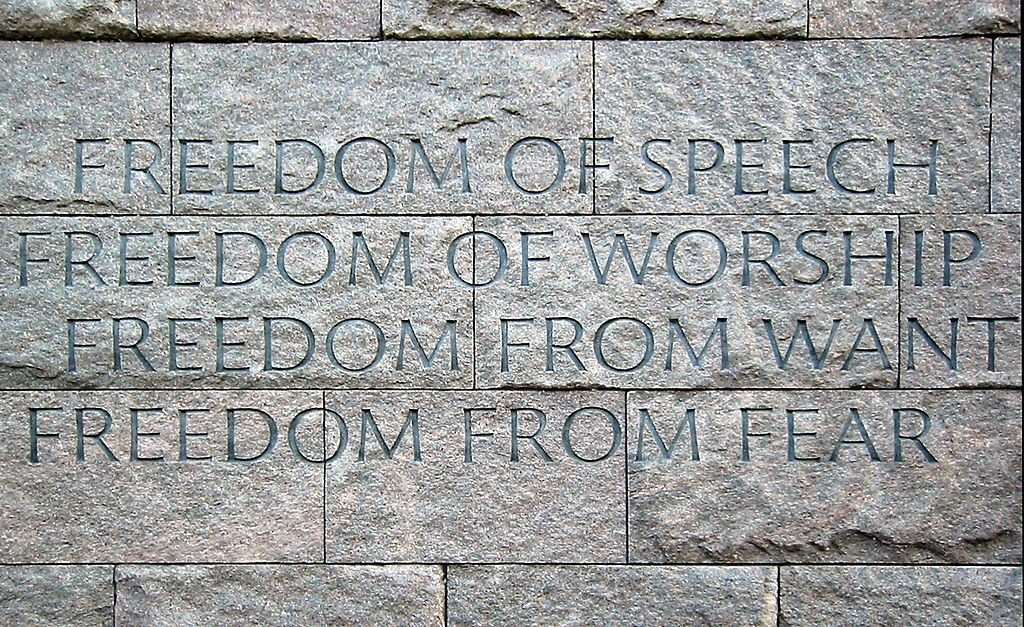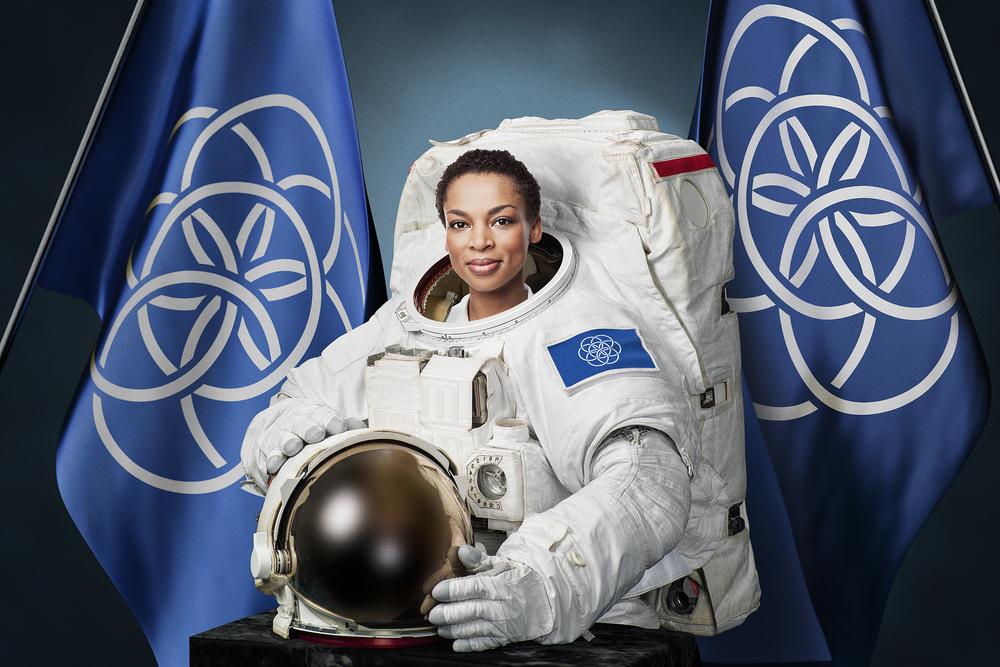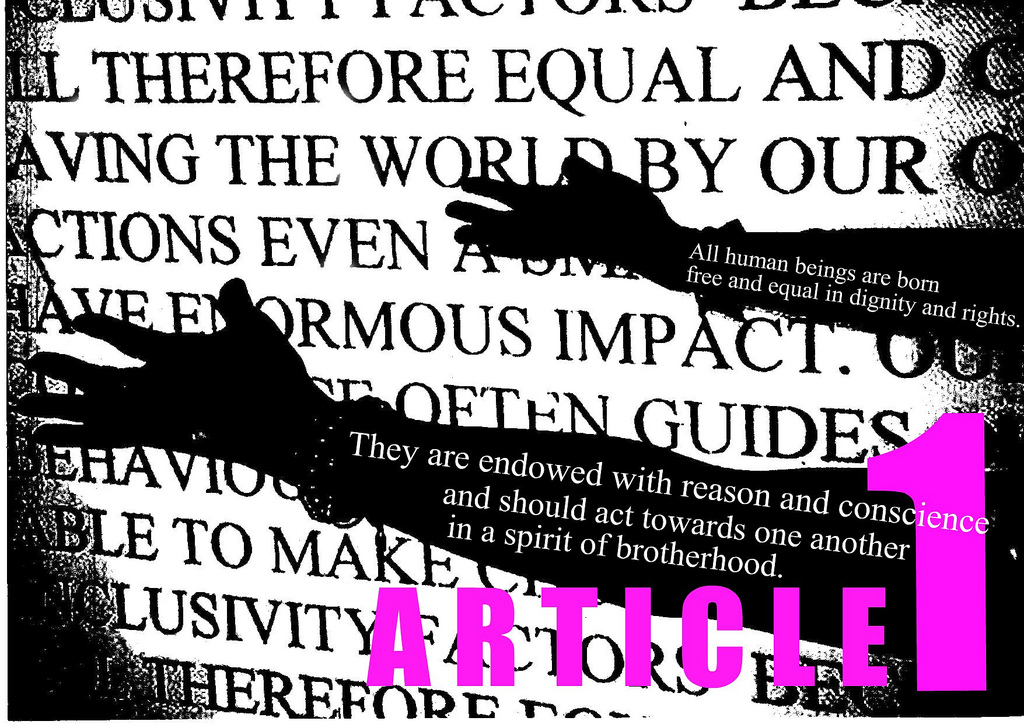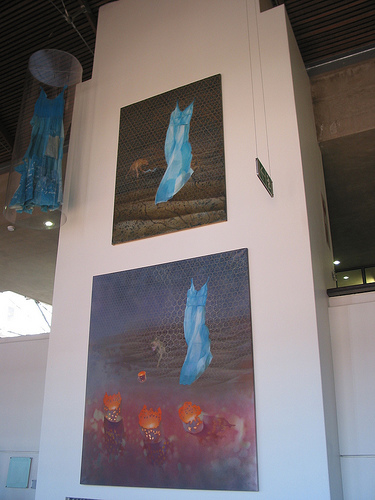peace
-
Bagpipes over the Arboretum drift up to the hill
This poem was inspired by a visit to Canberra’s arboretum. It is a beautiful gift to the city by visionary leaders who rather than opening up the land for development, wanted to create a public park open to all Canberrans and an arboretum, which then city then did not have. These forests, like almost all the people of Canberra, come from far away. Many are species that are endangered in the homelands. On any fine Canberra weekend the arboretum fills with walkers and families enjoying the beautiful scene. Autumn is particularly special as many of the individual forests put on their autumn colours. However this poem is not just a…
-
Martha Root — An Astonishing Life
Today I am at a Baha’i meeting, and I want to say thank you for the blessing of having such times in my life. To each and every soul who helps to make so many of those gatherings a veritable corner of paradise — thank you. This morning we are reflecting on the life of Martha Root, a woman whose life was inspired and transformed by Bahá’u’lláh. We will be reading about her life as introduced on the website bahaiteachings.org. I hope you can join us in spirit and read along. In one of his earlier works, the Hidden Words, Bahá’u’lláh observes that “words are the property of all alike” and that “guidance hath ever been given…
-
‘Abdu’l-Bahá and the Pivot of the Oneness of Humankind
In this series of articles, ‘Abdu’l-Bahá, Bahá’u’lláh’s eldest son, is already a familiar point of reference. We have seen ‘Abdu’l-Bahá in action in his journeys to the West, undertaken in the last decade of his life. During these journeys he promoted principles from his father’s teachings such as the oneness of humanity, the abolition of prejudice, the equality of men and women and the abolition of extremes of wealth and poverty. A description of ‘Abdu’l-Bahá during those journeys gives a sense of who he was: Tirelessly, He expounded the teachings in every social space: in homes and mission halls, churches and synagogues, parks and public squares, railway carriages and ocean liners,…
-
We Are One – Bahá’u’lláh’s Teachings Against Violence
Human beings are not inherently violent. But that we have a problem with violence is undeniable. How many times have prophets, poets, philosophers and philanthropists of all kinds called us to love and peace? Yet how many times have human beings found (indeed continue to find) excuses for violence? In this article five aspects of Bahá’u’lláh’s teachings against violence are discussed: individual violence, religious violence, political violence, domestic violence and interstate violence. An aspect of the oneness of humanity – that human beings ought be like “one soul and one body” is that violence between human beings ought become a thing of the past. Bahá’u’lláh wrote: … it is Our purpose, through…
-
Women and Men Have Been and Will Always Be Equal
“Women and men have been and will always be equal in the sight of God.”[1] With these words, Bahá’u’lláh challenges the age old oppression of women. Thus, the following concept applies as much in respect of gender equality as elsewhere: Know ye not why We created you all from the same dust? That no one should exalt himself over the other.[2] The general assertion of gender equality is addressed by Bahá’u’lláh in a diversity of fields in which, historically, gender equality has been denied. On work, Bahá’u’lláh states: … It is incumbent upon each one of you to engage in some occupation – such as a craft, a trade or the like.[3] There is no distinction…
-
Cowra Peace Bell tolls a warning
As many know, Cowra once held a Japanese prisoner of war camp. The tragedies that happened there when the prisoners tried to break out, has become the stuff of Australian legend. Less well known is that Japanese civilians were also interned in Cowra during the war. Some never left Cowra. A World Peace bell, donated by the World Peace Bell Association, was erected in Cowra in 1992, in recognition of the city’s contribution to peace and its enduring connections with Japan. I wrote this poem after a visit to Cowra. The Cowra Peace Bell, like those erected in other cities around the world, follows a traditional Japanese design. In Japan…
-
Electing the President
There is something fascinating about the “contest” which elects the President of the United States. The 2016 election is no exception. Candidates who weren’t imagined before the election year have come to the fore and with them the discourse and the “contest” has been thrown open. Issues of gender are right on the surface. And the fact that a women has never been elected as President is one of the issues. Gender issues are present in other ways. Women’s bodies and women’s rights have repeatedly surfaced as a political football. Issues of race are prominent, who is allowed to belong – who needs to be locked out. Who can claim…
-
Agora movie – seeing ourselves through an alien past
The movie Agora (director Alejandro Amenábar) is not history, but perhaps, it rises to allegory. It is well worth watching, despite its ‘interpretative’ approach to history. It is a movie which captures deeper truths about human relationships and its fictionalized past helps us understand the challenges of our conflicted present. The struggles of Agora’s characters are enriched by Dario Marianelli’s haunting film score and the movie’s epic intellectual and scenic setting. Agora takes us to the unfamiliar world of fourth century Alexandria. It is a world being overtaken by change. Certainties of a pagan past are fading as new Christian ways of being emerge. It is a world beset with…
-
Universal Declaration of Human Rights 2048
Will the future of human rights look like this? After a century of unimaginable suffering in which hundreds of millions of human beings lived in slave like conditions; wars killed millions; millions more fled – many condemned for generations to squalid “refugee” camps; millions starved; where national democracies collapsed under the weight of sectional interests and armed conflict and the environment was stripped of sustainability for wealth for the few, humanity amended the Universal Declaration of Human Rights and issued the new Universal Declaration of Human Rights 2048 Now, Therefore THE GENERAL ASSEMBLY, the directly and democratically elected representatives of all humanity, proclaims THIS UNIVERSAL DECLARATION OF HUMAN RIGHTS 2048 as a…

